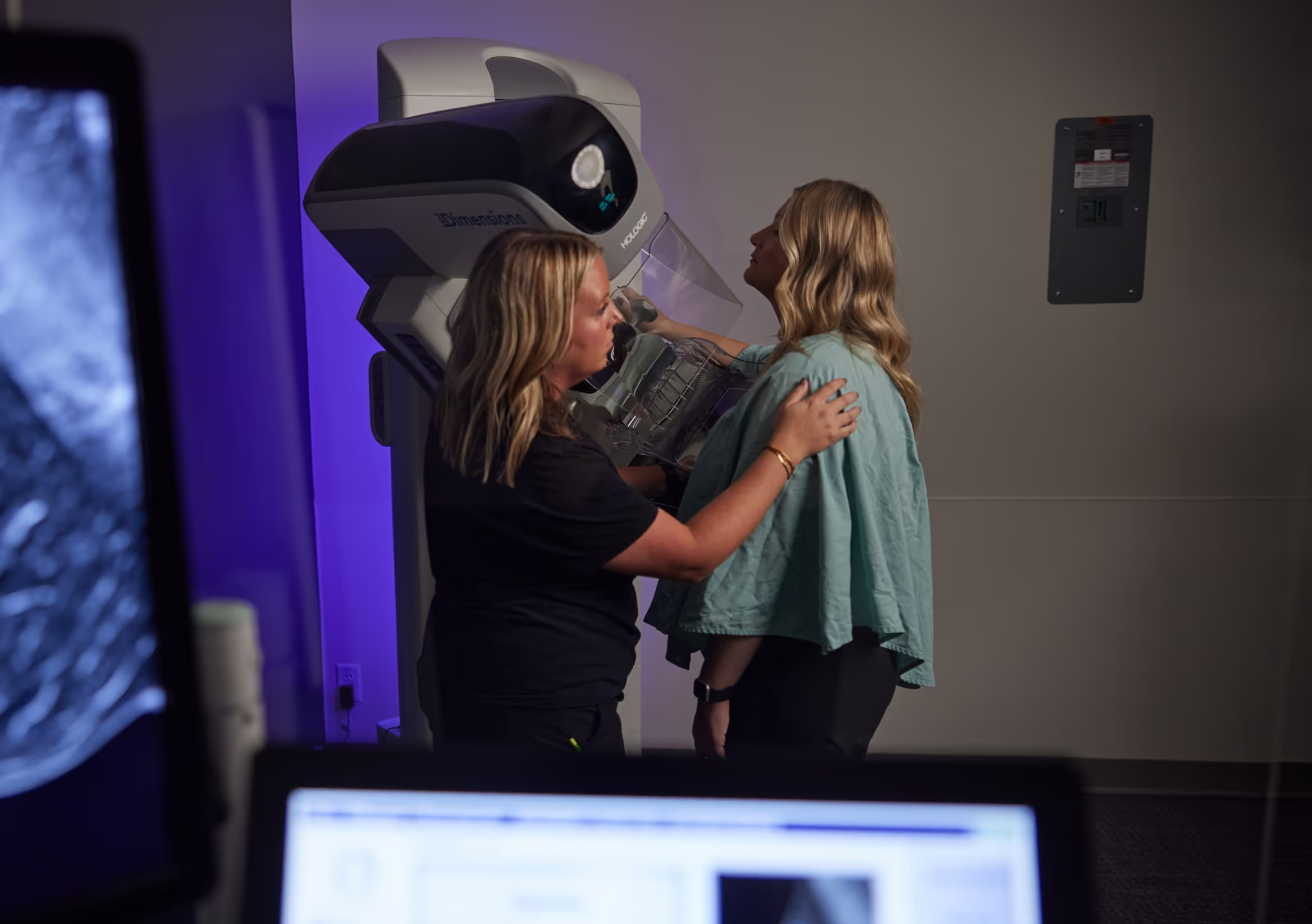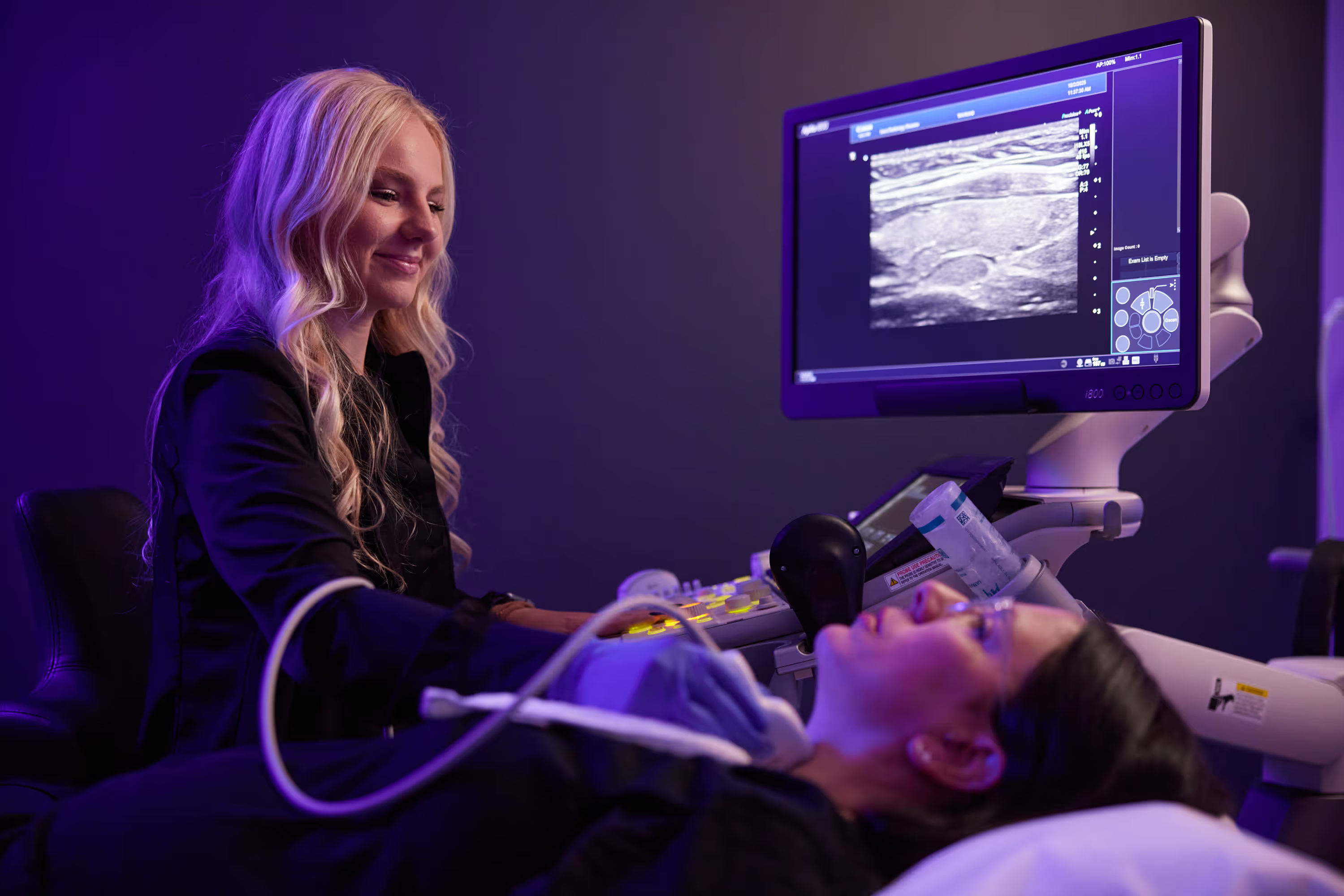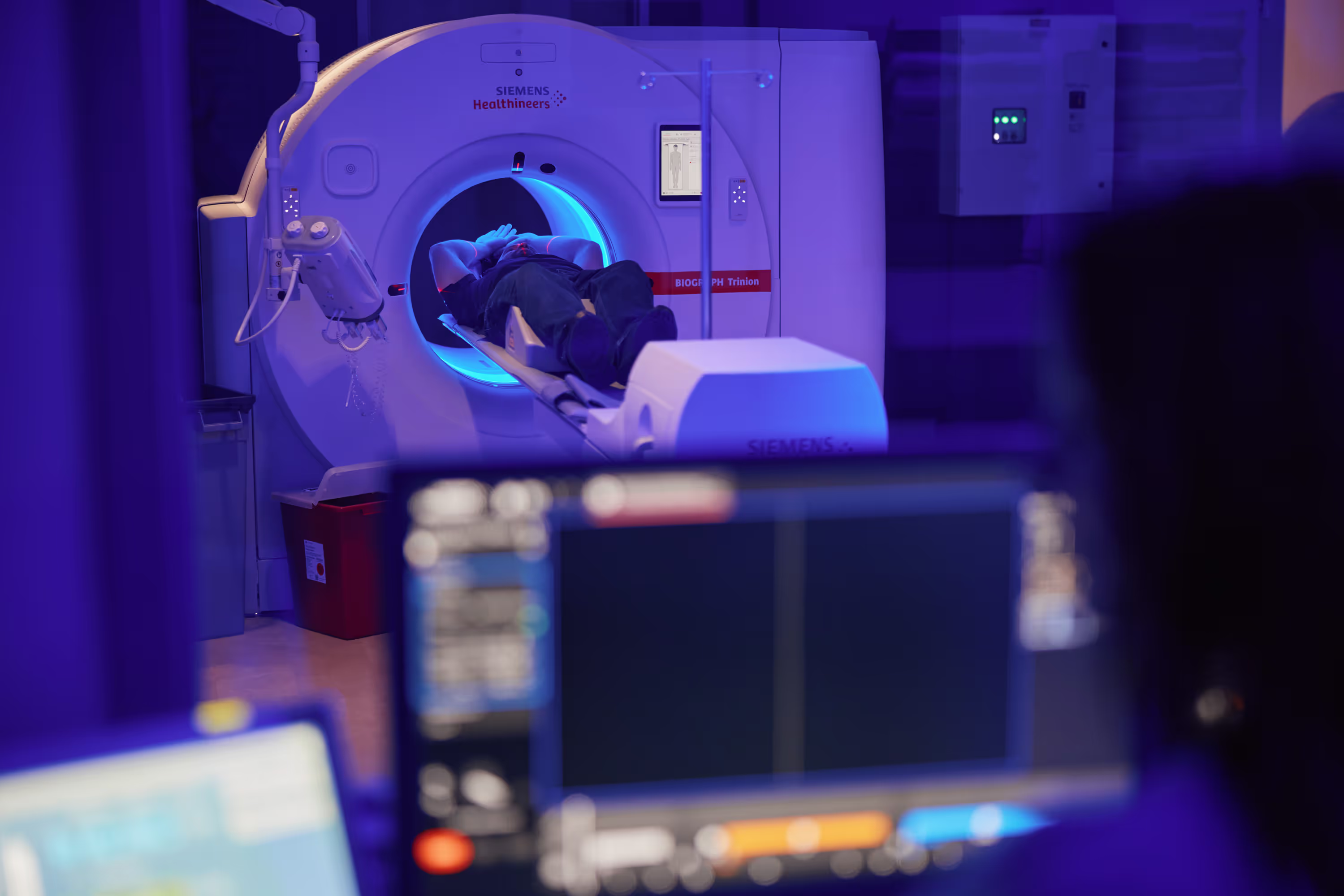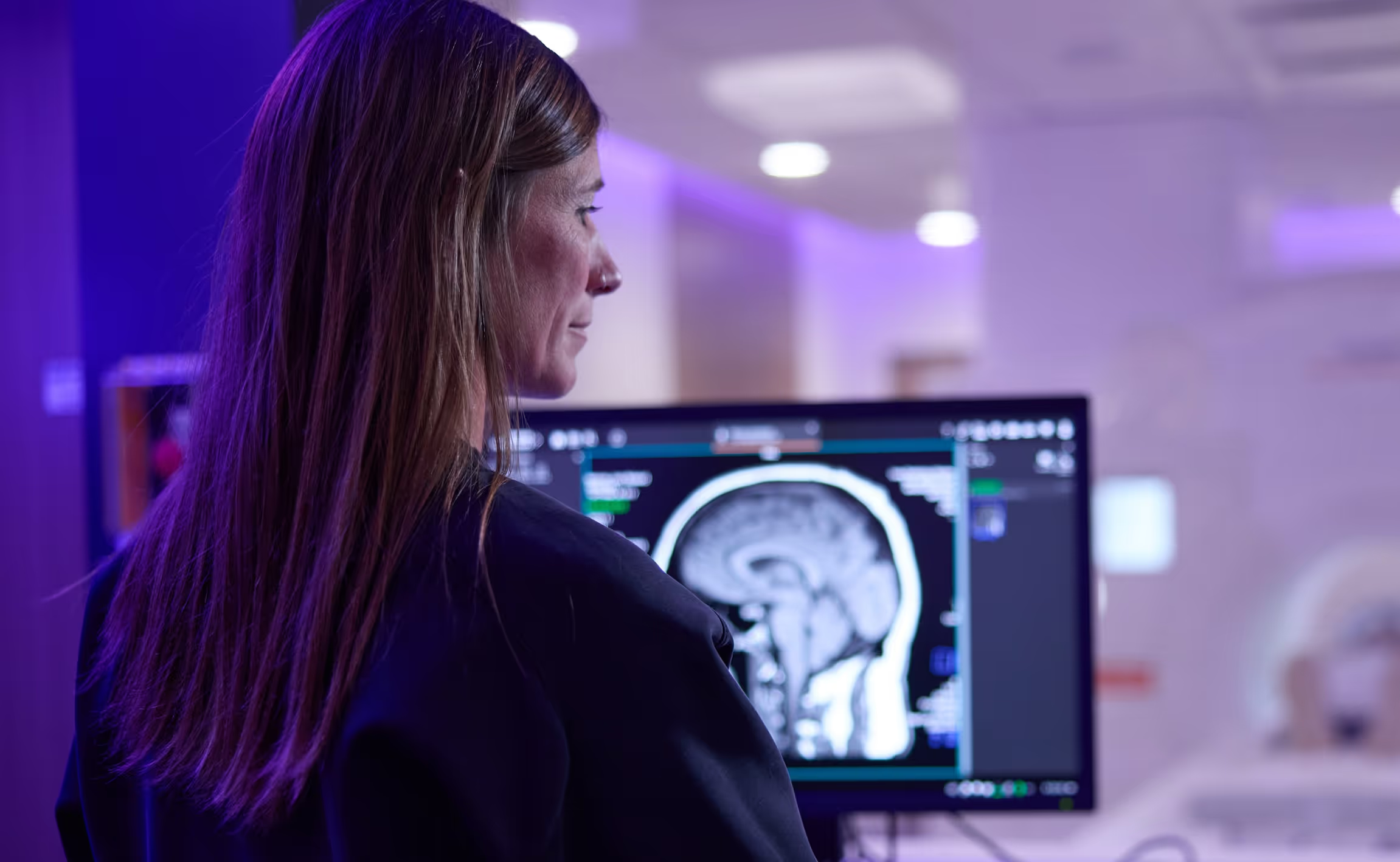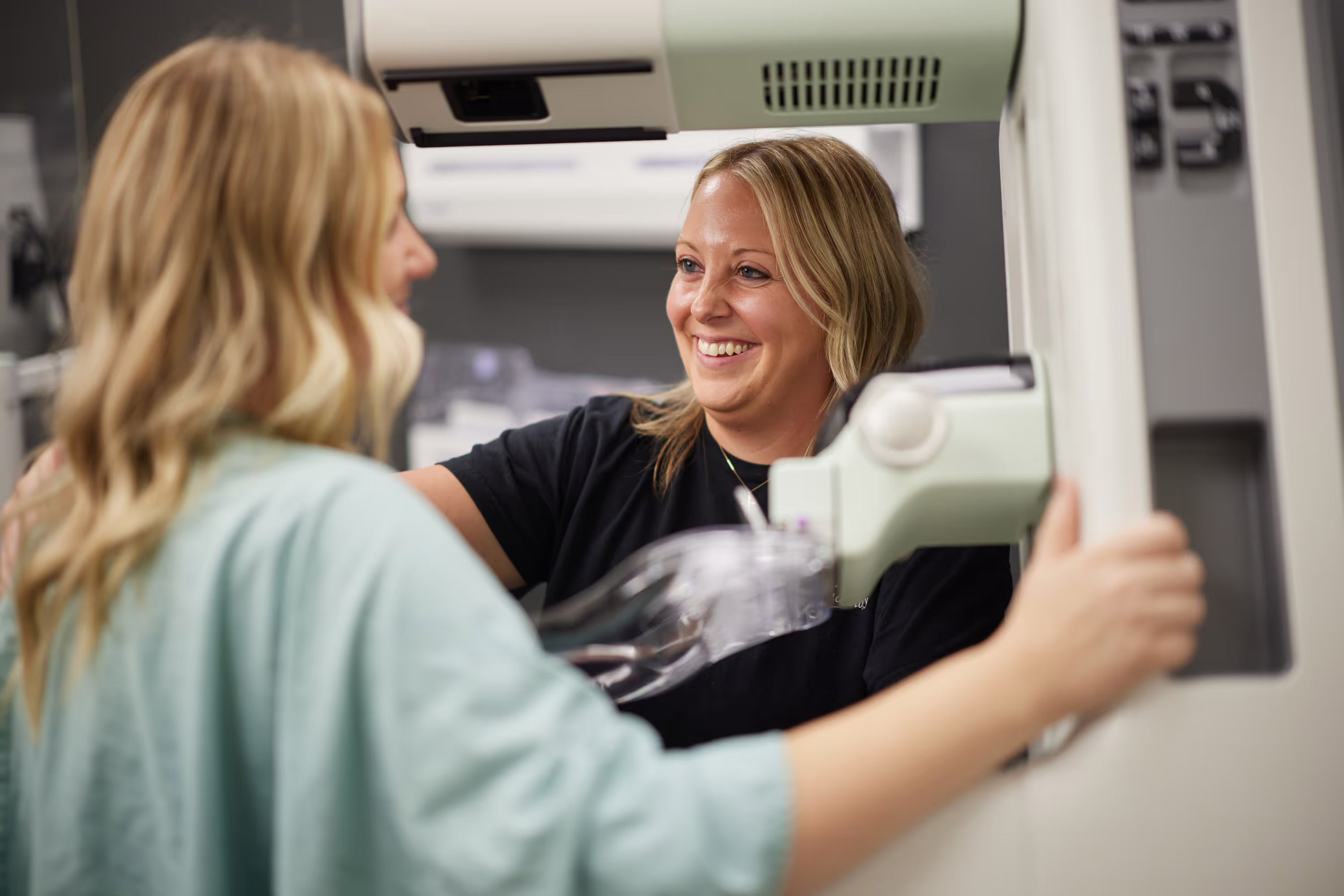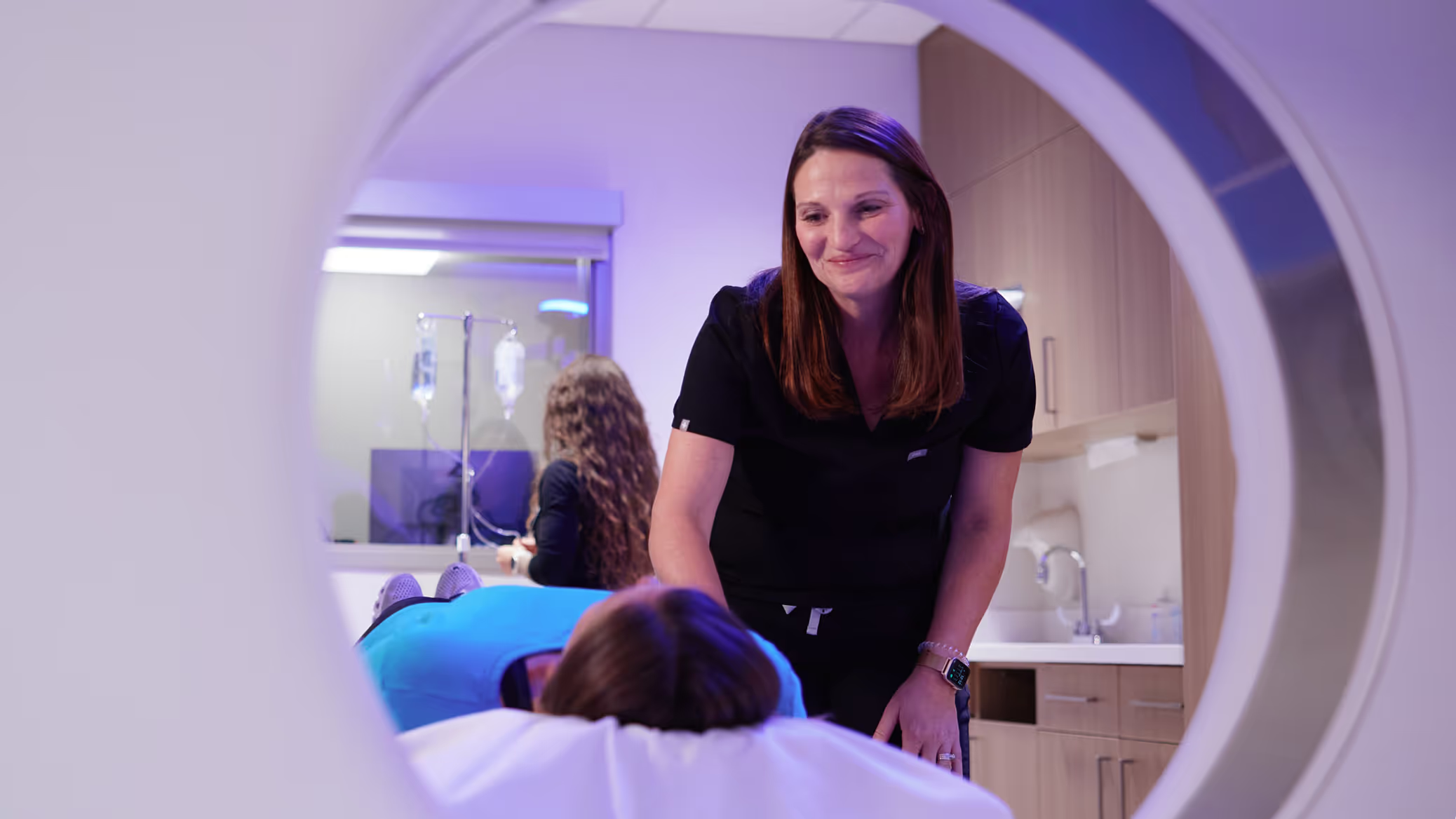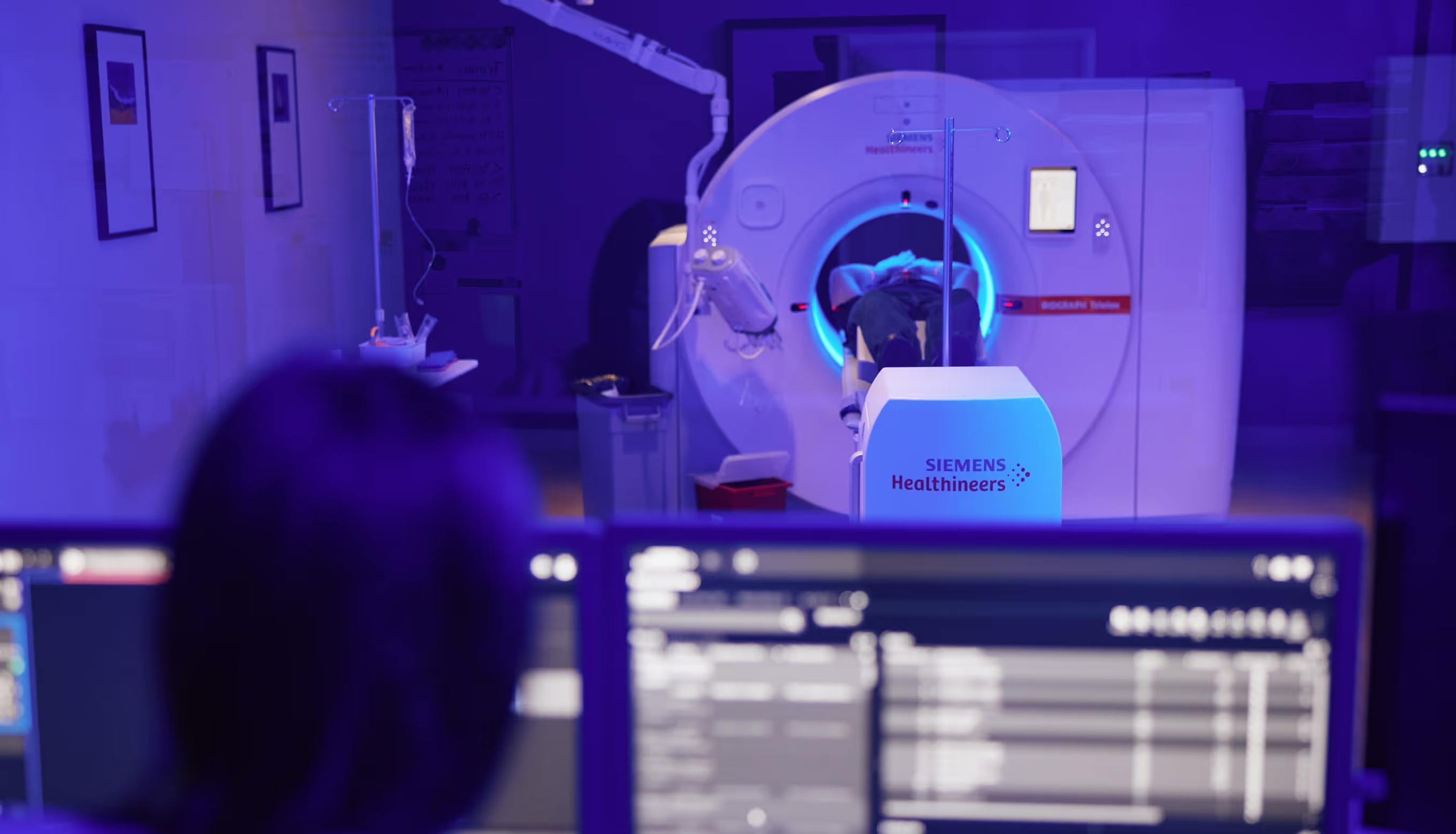Delivering Insights That Guide Care
At Iowa Radiology, imaging is only the beginning. Our work is rooted in delivering meaningful insight that informs the next step in a patient’s care plan.
At Iowa Radiology, we don’t just focus on the scan–we focus on the full story behind it.
Iowa Radiology stands as the trusted partner for precise, personalized diagnostic care that empowers patients and physicians alike. With a collaborative model and a highly skilled team, we interpret more than just images—we guide decisions, support providers, and help patients move forward with confidence.
All ProceduresYour Trusted Partner
At Iowa Radiology, excellence means more than technology. It’s the care, expertise, and collaboration behind every image. Our board-certified radiologists deliver accurate results and clear communication to help patients and providers make informed decisions. With convenient scheduling, including Saturday appointments, we make high-quality imaging accessible and patient-focused.
About UsTestimonials
For Patients
For Professionals
Our Locations

2515 Grand Prairie Parkway, Waukee, IA 50263
Mon – Fri: 8am-5pm
Fax: (515) 226-8408
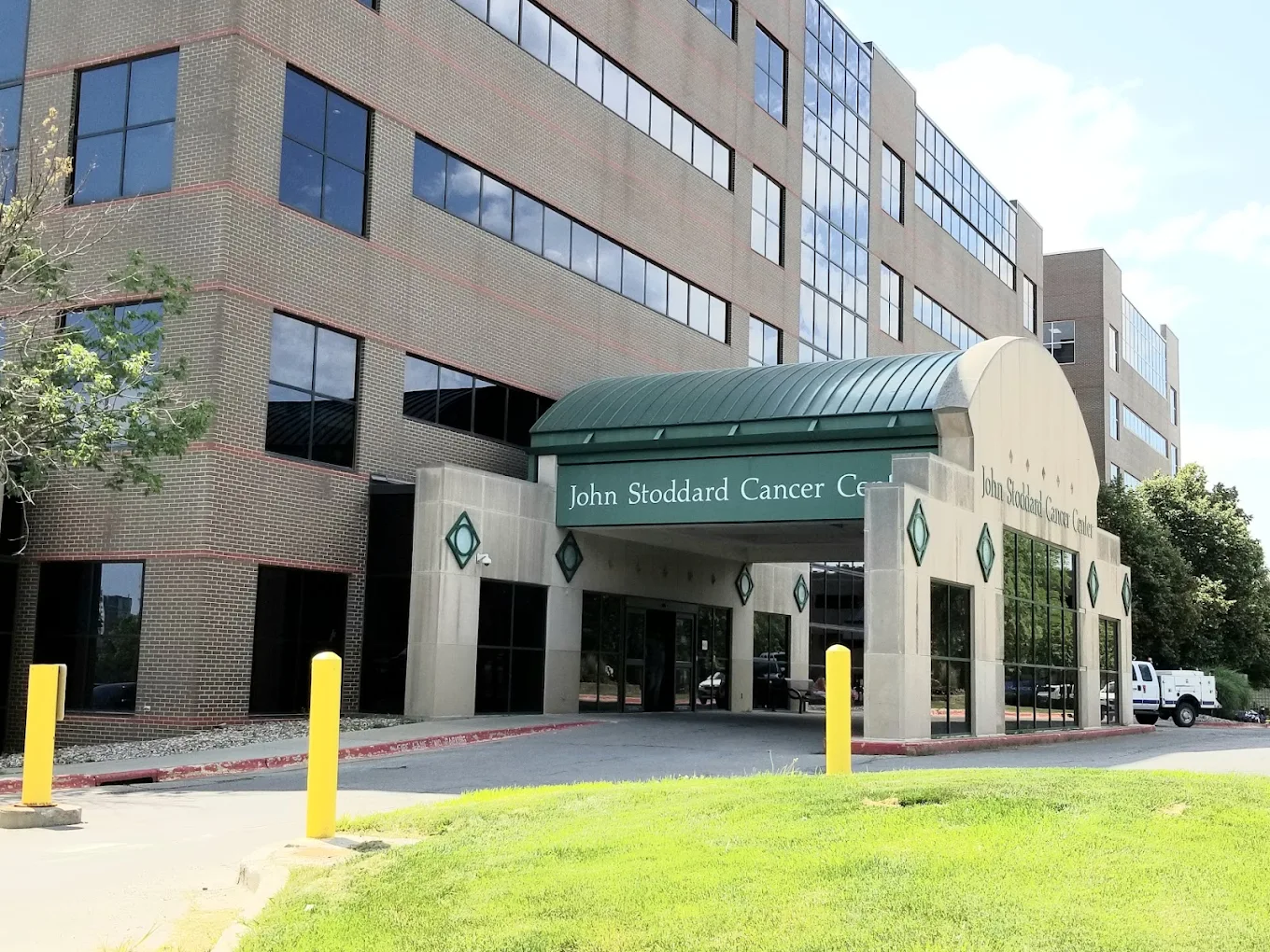
1221 Pleasant Street Suite 350 Des Moines, IA 50309
Mon – Fri: 8am-5pm
Fax: (515) 226-7493

12368 Stratford Drive Suite 300 Clive, IA 50325
Mon – Fri: 6:30am–5pm
Sat: Hours available for MRI & Digital Mammography
Fax: (515) 226-8408
Sarah Agan, R.T. (R) (M)
Phone: 515-226-9810
Fax: 515-226-8408
Email: sagan@iowarad.com
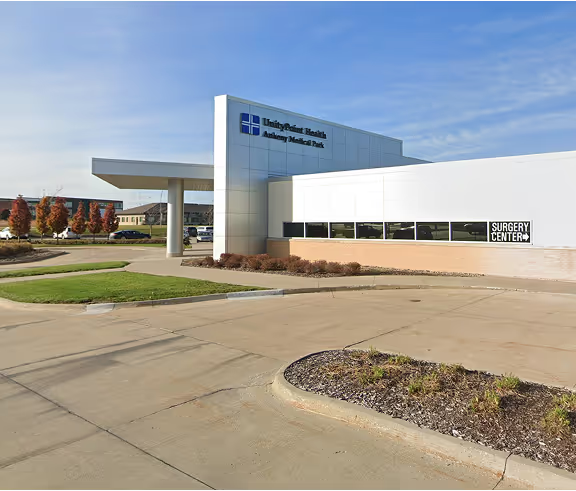
3625 N Ankeny Blvd. Suite H Ankeny, IA 50023
Mon – Fri: 8am-5pm
Sat: Hours available for MRI and Digital Mammography
Fax: (515) 963-7619
Featured Articles
Schedule an Appointment
At Iowa Radiology, we strive for excellence in everything we do. You can expect easy access, convenient scheduling, and timely service.

